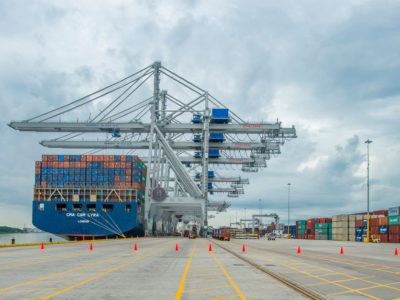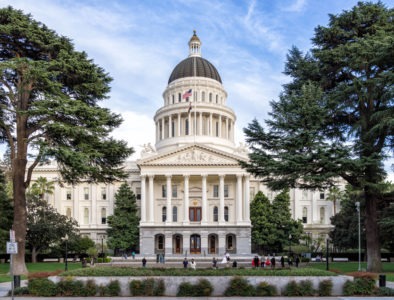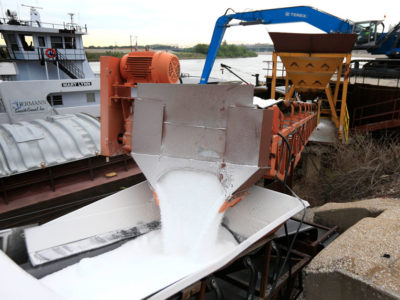We use cookies to provide you with a better experience. By continuing to browse the site you are agreeing to our use of cookies in accordance with our Privacy Terms and Cookie Policy
ARTICLES
Trump: Canada, Mexico, China tariffs could rise after implemented
AFBF appeals to Trump to consider tariff impact
01/31/25 5:57 PM
By Oliver Ward
Read More
White House: Canada, Mexico, China tariffs coming Saturday
01/31/25 2:02 PM
By Oliver Ward
Read More


.png?height=300&t=1738597988&width=400)







